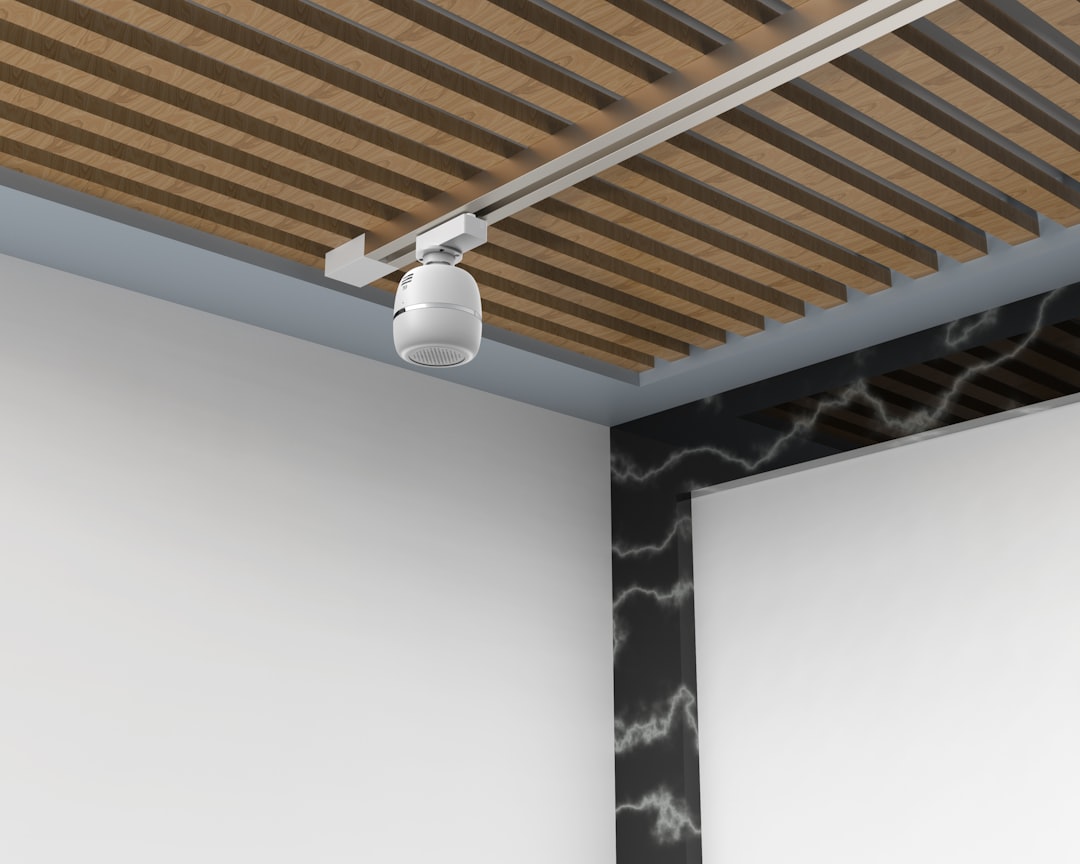CountBricks: Cost to Install Ceiling Fans for Residential
Price source: Costs shown are derived from our proprietary U.S. construction cost database (updated continuously from contractor/bid/pricing inputs and normalization rules).
Eva Steinmetzer-Shaw
Head of Marketing
Understanding the Real Cost to Install Ceiling Fans
In 2026, the cost to install ceiling fans ranges from $180–$1,200 depending on various factors. Professional tradespeople need precise estimates to manage budgets effectively. This guide breaks down the costs and provides insights into the key drivers affecting installation expenses.
Why Ceiling Fans Matter in Residential Construction
Ceiling fans are crucial for balancing HVAC loads, reducing energy bills, and enhancing design appeal. For construction professionals, these benefits translate into increased client satisfaction and profitable projects.
Key Cost Drivers You Need to Know
- Fan unit price: Builder-grade fixtures start at $50; high-end models can exceed $600.
- Electrical access: Costs are lower when installing on an existing ceiling box compared to running new wiring.
- Ceiling height & material: Vaulted ceilings or decorative beams require additional labor and specialized hardware.
- Control options: Advanced controls like remotes or smart-home integration increase costs.
- Permit and code compliance: Fees vary by jurisdiction, impacting the final budget.
Average Price Breakdown in 2026
- Standard 52-inch fan on existing box: $120–$250 labor, $60–$180 materials, total $180–$550.
- New fan with wiring through attic: $260–$420 labor, $60–$180 materials, total $350–$720.
- Vaulted ceiling with remote and smart switch: $400–$650 labor, $120–$650 materials, total $520–$1,200.
Note: These figures reflect national residential averages. Regional labor rates and material surcharges are adjusted automatically.
How CountBricks Calculates Your Estimate in Real Time
- Voice-to-Estimate: Describe the room, and AI parses dimensions and electrical details.
- Live Materials Feed: Access current fan models and prices through supplier APIs.
- Task-Based Labor: Labor database ties activities to local wage data.
- Automatic Overhead & Profit: Configure your markup once for consistent margin targets.
- Instant Proposal Generation: Generate a branded PDF with scope and payment schedule.
DIY vs. Professional Installation: A Cost Reality Check
While DIY might seem cheaper, hidden costs can arise:
- Specialized tools add $80–$150 instantly.
- Code violations can lead to re-inspection fees.
- Warranty voids if not installed by a licensed professional.
- Time value: DIY projects can cost as much as hiring a professional.
Five Pro Tips to Keep Ceiling-Fan Costs Under Control
- Pick stock finishes for discounts.
- Bundle tasks to save on travel and setup time.
- Use retrofit brackets to avoid joist cutting.
- Opt for universal Wi-Fi remote kits over full smart dimmers.
- Leverage utility rebates for Energy Star fans.
Case Study: The Porter Residence
The Porters needed four fans installed. The contractor generated an estimate quickly:
- Labor: $890
- Materials: $635
- Permit: $45
- Total estimate: $1,570
The proposal was sent before leaving the site, securing the job immediately.
Next Steps
Ready to get an exact cost for ceiling fan installation? Start a free demo at CountBricks.com or use our mobile app for a live estimate.
Deep Dive: Counting the Hidden Savings with CountBricks
Traditional estimating often misses micro-savings that add up across multiple installs. CountBricks identifies these opportunities automatically.
1. Optimized Bulk Purchasing
AI suggests pallet-level orders for multiple rooms, offering material savings of 7-12%.
2. Labor Sequencing Intelligence
- Groups identical tasks to avoid tool changes.
- Flags high-ceiling work for efficient scheduling.
3. Dynamic Change-Order Control
Instantly regenerate cost lines for changes, keeping budgets transparent.
4. Post-Install Documentation
Auto-populates your portfolio with images and warranty details, enhancing marketing efforts.
Real-World Result: Skyline Builders
Skyline Builders used CountBricks for a 20-unit development, achieving significant savings:
- $4,200 in bulk-buy discounts
- Two labor days reclaimed
- Zero overtime due to efficient change-order management
Ready to Capture Your Savings?
Ceiling fans may be small, but the right platform turns them into big wins. Book a personalized walk-through at CountBricks.com.

